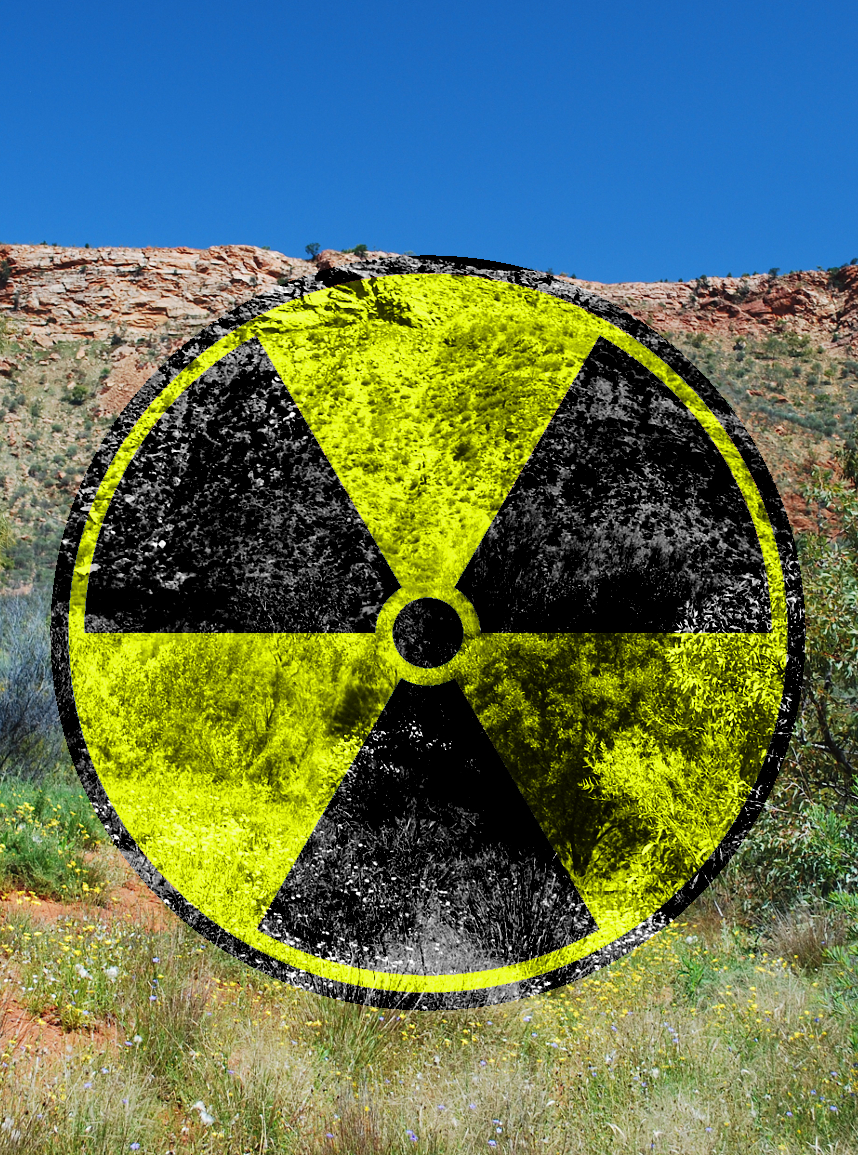Executive resignation as 3 Deeps goes down
 The chair and two directors of Energy Resources of Australia (ERA) have stepped down in the wake of the decision to bail on the Ranger 3 Deeps project.
The chair and two directors of Energy Resources of Australia (ERA) have stepped down in the wake of the decision to bail on the Ranger 3 Deeps project.
Chairman Peter MacMahon and non-executive directors Dr Helen Garnett and Dr David Smith resigned from their positions over the weekend.
“Given the differing views on the future of the Ranger 3 Deeps project, it is difficult for ERA to pursue its stated approach without the support of its major shareholder, Rio Tinto,” the directors wrote in their formal resignation.
The directors conceded that it may be possible to revisit the economic viability of Ranger 3 Deeps following an extension to the Ranger approvals beyond 2021.
The announcement earlier this month that the Ranger 3 Deeps project will not be taken to the feasibility stage sent the ERA share price plummeting.
Forty-nine per cent of its value was wiped within ten minutes from market opening.
But despite the broad lack of confidence in the ERA, one of its major shareholders, Zentree Investments, has increased its holding from 5.44 per cent voting power to 6.6 per cent in a deal worth more than $1.5 million.
ERA has stated that it will continue to conserve cash and carry on discussions with traditional owners and Commonwealth Government in the attempt to extend approvals for mining at the Ranger site.
Mirrar traditional owners and the Gundjeihmi Aboriginal Corporation (GAC) say they will not consider extending permissions for uranium mining in Kakadu National Park.
“The Mirarr remain fundamentally opposed to Jabiluka’s development – that opposition is intergenerational,” GAC said.
“We are concerned about the lack of adequate planning for Jabiluka’s final rehabilitation and its incorporation into Kakadu National Park.
“We take this position because of our experience of 30 years of environmental and cultural impacts at Ranger and because in our talks with Rio Tinto and the Australian government we have been given no guarantee that Ranger will be the last uranium mine in Kakadu.”







 Print
Print